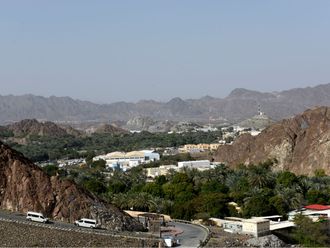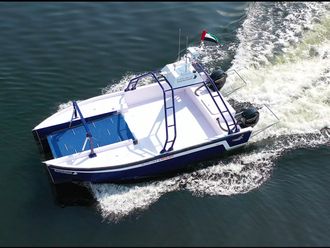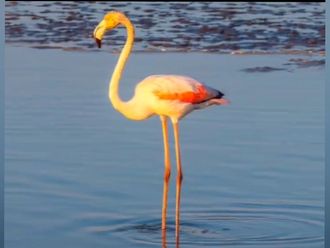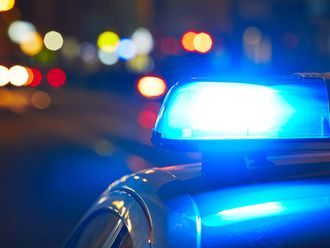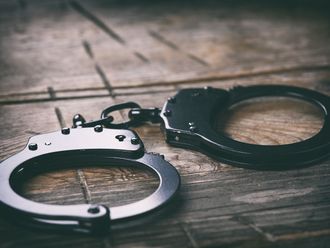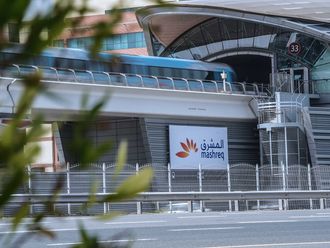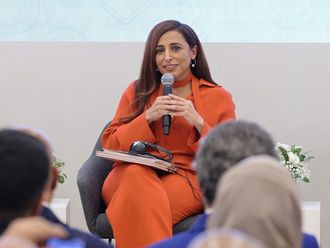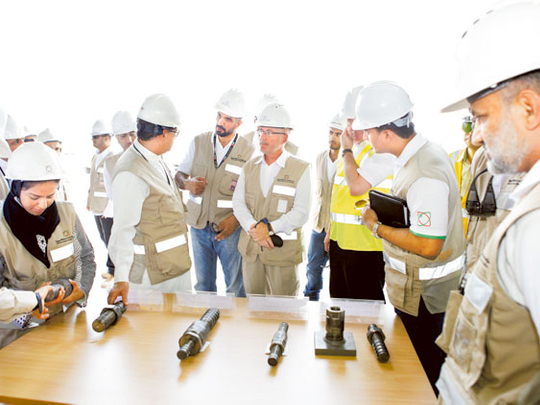
Abu Dhabi: The UAE Federal Authority for Nuclear Regulation (FNAR) has granted the Emirates Nuclear Energy Corporation (ENEC) a licence to construct a multi-billion dollar project for two nuclear power reactor units (1 and 2) at its proposed Barakah site in the Western Region of the emirate of Abu Dhabi.
William Travers, FANR director-general, told Gulf News following a press conference on Wednesday: “Our comprehensive review of the construction licence application was carried out by more than 200 technical experts over a period of 18 months.”
Travers added that construction work on the site will start any time as the licence has been issued for the first nuclear power plant.
“The reviewers scrutinised submissions by Enec covering all required topics, including the adequacy of the proposed site, the design of the facility and the safety analysis, management systems and quality assurance for construction, radiation safety measures, physical protection and safeguards,” added Travers.
“The plant was designed to ensure that all applicable technical and legal requirements were met,” he pointed out, adding, “during the construction itself and during our review of any operating license application, we will continue to be conscious of our responsibility that nuclear power in the UAE is used safely, security and only for peaceful purposes.”
Hamad Al Ka’abi, UAE permanent representative to the International Atomic Energy Agency and board member of FANR, told Gulf News: “By end of 2007, the UAE government found that demand for power is increasing in the country. By 2020, demand for power will grow threefold more than that in 2008. This justifies turning to nuclear energy to generate power to meet the expected growth in demand.”
“We had also conducted a survey among UAE nationals and expatriates about their views with regard to nuclear plants in the country. The answers were positive and 85 per cent of the respondents supported the idea of having a nuclear plant,” added Al Ka’abi.
Following the incident of March 2011 at Fukushima nuclear plant in Japan, the UAE has taken further precautionary measures in the design to avoid mistakes made in the Japanese plants, he added.
With regard to nuclear waste, Al Ka’abi sai,d “We are currently studying various scenarios and have not yet decided the option.”
As per uranium sources, Al Ka’abi said talks are still under way.
Enec previously said that with four nuclear energy plants delivering electricity to the grid by 2020, it will be delivering 5,600 megawatts of low carbon electricity to the national grid and the plants should avoid emitting about 12 million tonnes of carbon each year.
In December 2009, the UAE awarded a South Korean consortium led by Korea Electric Power Corp (KEPCO) a contract to build four nuclear reactors to meet rapidly rising demand for electricity.
The consortium of South Korean companies will construct and operate four 1,400 megawatt reactors in the UAE; the first is expected to start operating in 2017 and the others by 2020.


